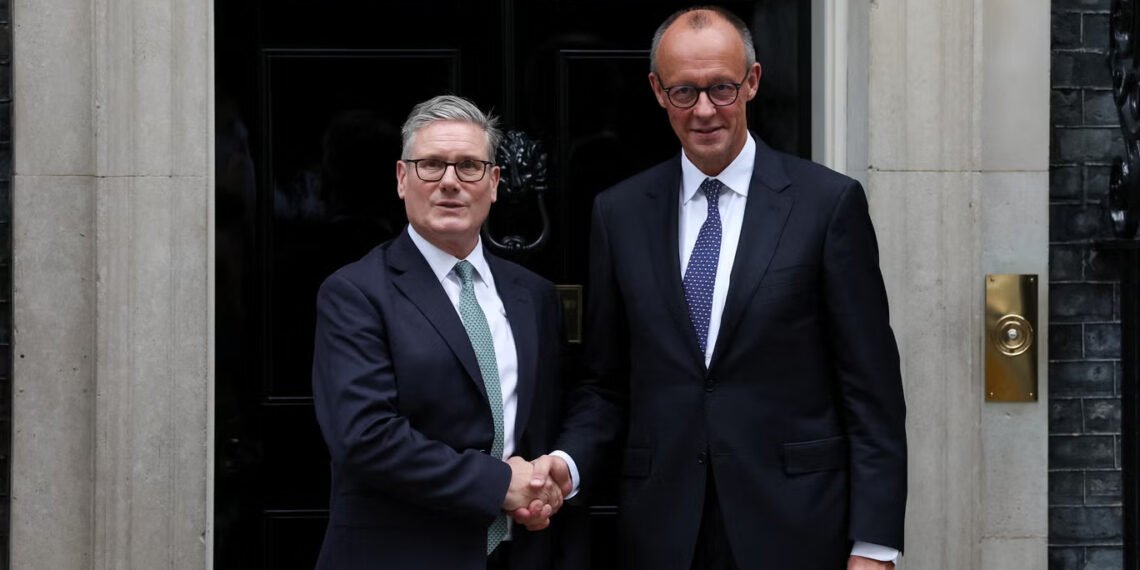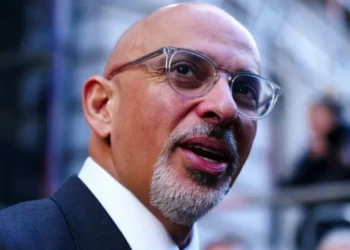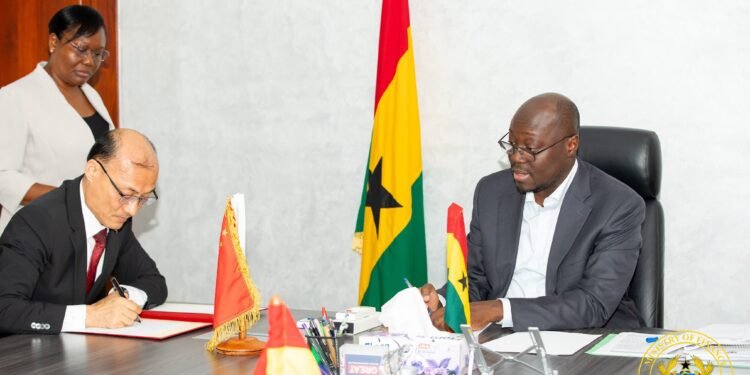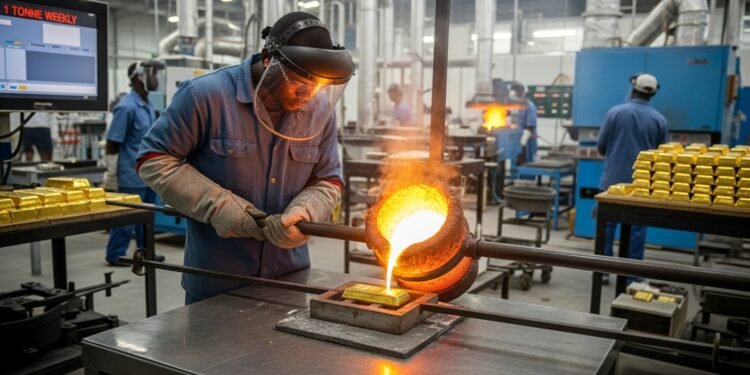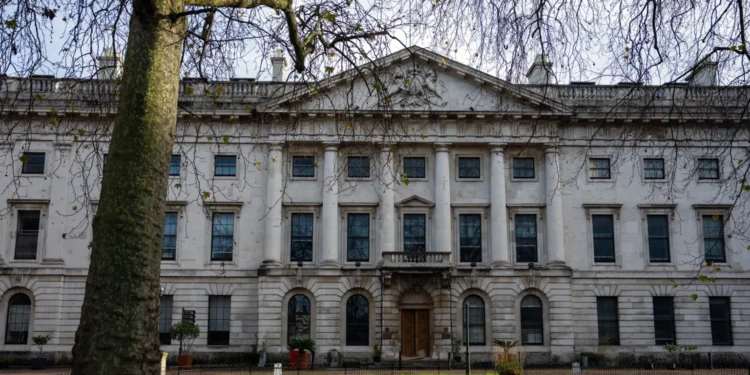The United Kingdom and Germany have signed their most significant bilateral treaty since the end of the Second World War, focusing on migration, trade, and security cooperation.
Prime Minister Keir Starmer and German Chancellor Friedrich Merz met at the Victoria and Albert Museum in London to formalize what has been dubbed the Kensington Treaty, an agreement symbolizing a renewed era of partnership between the two European powers.
The treaty, hailed by both leaders as a vital expression of mutual ambition, includes a series of strategic commitments. Among them is Germany’s pledge to shut down a legal loophole that has enabled smugglers to use small boats to ferry migrants across the Channel. Under current German law, people smuggling is considered a crime when it concerns fellow EU states. However, trafficking into the UK has not been prosecutable since Britain departed from the European Union.
The new deal ensures that by the end of 2025, smuggling people into the UK will become a criminal offense under German law, an outcome the UK government sees as a vital step in tackling illegal crossings. Since January, over 22,000 individuals have made the treacherous journey, positioning 2025 to break all previous records. The UK sees Germany not only as a strategic partner but as a critical transit country, often used to store boats and other equipment aiding smuggling operations.
Prime Minister Keir Starmer emphasized the significance of the collaboration, describing the agreement as “very special” and a strong reflection of modern UK-German relations.
“It is evidence of the closeness of our relationship as it stands today. It is also a statement of intent, a statement of our ambition to work ever more closely together.”
Prime Minister Keir Starmer
Treaty Removes Visa Barriers, Boosts Defence
Beyond migration, the Kensington Treaty introduces substantial changes to facilitate travel and bolster defence. By year’s end, German school trips to the UK will become visa-free, eliminating a cumbersome post-Brexit barrier. Meanwhile, British visitors to Germany will gain access to fast-track passport e-gates starting in August. Initially, this perk will be limited to frequent travellers but is expected to expand to all UK citizens in due course.
A notable feature of the agreement is the establishment of a UK-German task force aimed at making direct train services between the two nations a reality within the next ten years, potentially transforming regional connectivity. Additionally, both countries committed to jointly producing military hardware, including Typhoon jets and Boxer armoured vehicles. They will also cooperate on developing a long-range precision strike missile, with an anticipated reach of over 2,000 kilometres.
Chancellor Friedrich Merz expressed surprise at learning the Kensington Treaty was the first formal bilateral agreement of its kind since WWII.
“We had you in the European Union, and we thought that was enough. But we are now learning that it’s not enough, so we have to do more on that.”
Chancellor Friedrich Merz
The treaty also revived a legislative initiative first negotiated by former Chancellor Olaf Scholz and UK Home Secretary Yvette Cooper in December. That agreement sought to criminalize assisting the smuggling of migrants to Britain but stalled due to a change of leadership in Berlin. Under Merz, the commitment has now been reaffirmed and incorporated into the broader treaty framework.
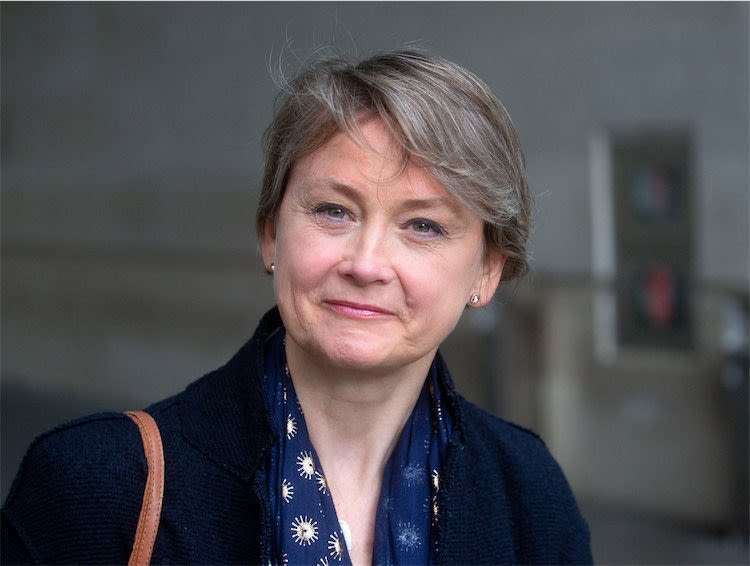
Sir Keir Starmer welcomed the development, stating, “Chancellor Merz’s commitment to make necessary changes to German law to disrupt the supply lines of the dangerous vessels which carry illegal migrants across the Channel is hugely welcome.”
“As the closest of allies, we will continue to work closely together to deliver on the priorities that Brits and Germans share.”
Prime Minister Keir Starmer
The agreement was also marked by a wave of commercial deals totalling over £200 million and expected to create more than 600 jobs. Among the highlights, German defence tech firm Stark is set to establish its first production facility outside Germany in Swindon. Meanwhile, conversational AI company Cognigy plans to invest £50 million into its UK expansion, growing its team from 13 to 150 employees.
READ ALSO: Israel’s Attacks On Syria Decried

